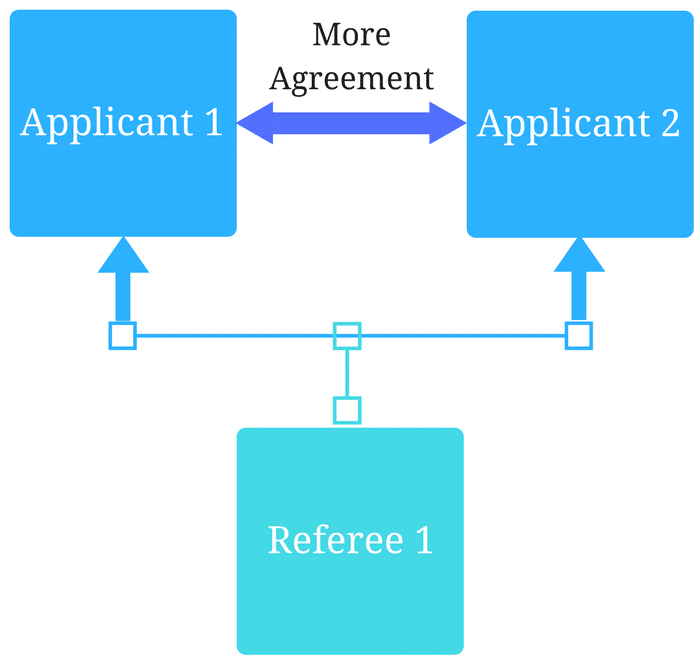Ethical AI in Higher Education

June 21, 2024
Call to Action for Ethical AI in Education
AI tools are being used increasingly across various professions including education and healthcare. As AI use continues to grow, its potential to reshape the educational landscape becomes evident, requiring consideration of the ethical implications involved in implementing such tools.

The potential to change education
With AI tools such as ChatGPT becoming increasingly powerful, the dynamic of the educational landscape is rapidly changing. Students and educational institutions are now able to do more, quicker and learn and teach in new ways.
The implementation of AI requires consideration of ethical implications, and a comprehensive overview of legal and governmental requirements.
Our workshop at the Educational Leadership Conference 2023
Alongside our co-authors and partner programs, we facilitated an interactive workshop on Ethical AI in Education at the Educational Leadership Conference in October 2023.
Together, the facilitators and workshop attendees identified and discussed the benefits and risks of AI in Higher Education, as well as potential mitigation plans for these risks.


Acuity Insights’ Commitment to Ethical AI
Our responsibility as members of the higher education community is to ensure that the AI tools we use are designed in alignment with human values. One way to harness AI for the greater good is to create and uphold ethical frameworks governing the design, development, and implementation of AI models in education. These frameworks consist of a set of actionable ethical principles which can be applied at all stages of AI development by considering key questions (e.g., Who will be impacted by the algorithm?) with the purpose of mitigating potential risks.
In line with leading tech organizations and higher education institutions, at Acuity Insights we have been developing our own set of guiding principles and considerations as we tread the waters of society’s increasing use of AI both in day-to-day activities as well as in admissions and higher education more broadly.
Our Ethical AI Principles
We strive to ensure that:
- AI tools are fair and potential biases and inequities can be mitigated;
- Results are reliable and AI tools perform as intended;
- Strategies are in place to responsibly assess and address any potential risks;
- User data is secure and security guidelines are upheld;
- Users have access to clear explanations of how the AI tools work.

Related Articles

How interviews could be misleading your admissions...
Most schools consider the interview an important portion of their admissions process, hence a considerable…
Reference letters in academic admissions: useful o...
Because of the lack of innovation, there are often few opportunities to examine current legacy…
